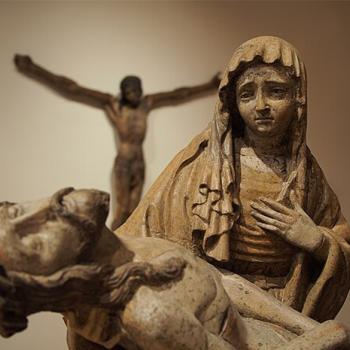Molly Ball’s Atlantic piece on “America’s empty-church problem” is a must-read. It provides a penetrating, and sobering analysis of the political shifts that came to the surface in the 2016 Presidential election. Trump’s election was not, she argues, the triumph of the religious right or the right’s victory in the culture wars. Church attendance and traditional religious practice has been declining and continues to. Between 1992 and 2014 the proportion of religiously “unaffiliated” Americans rose from 6 to 22%, and... Read more



















